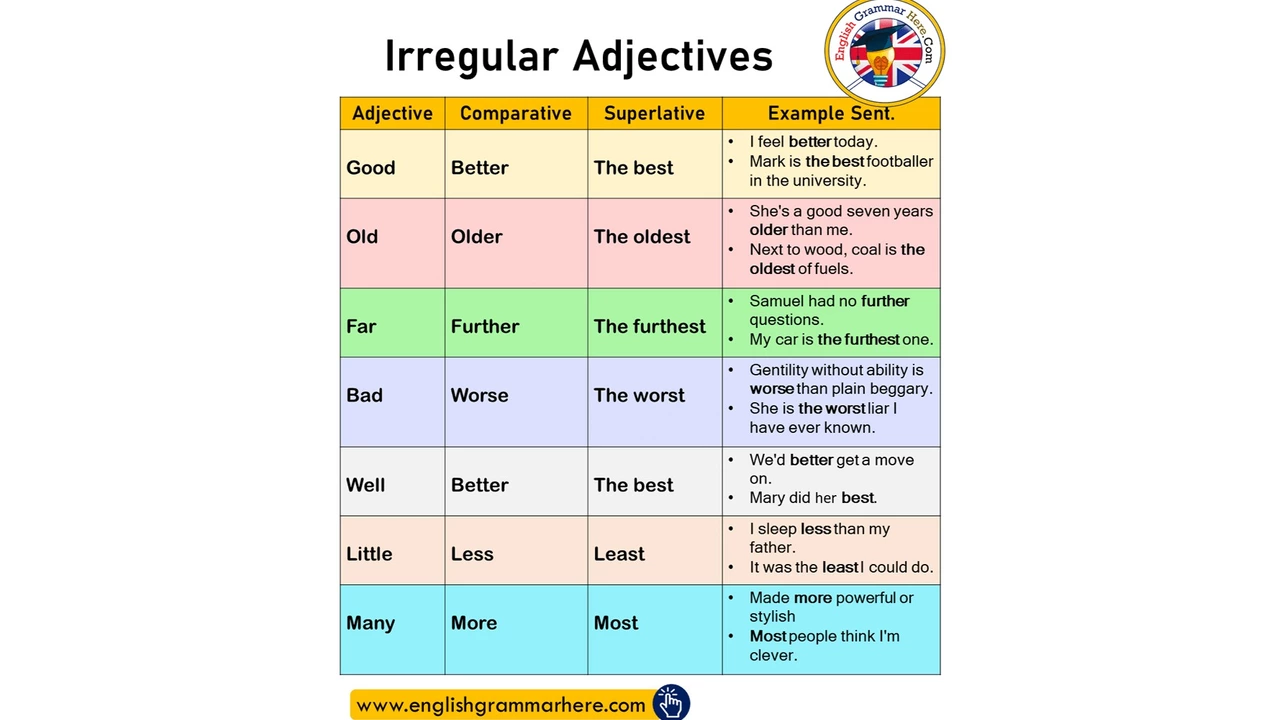Difference: How to Spot the Real Distinctions in Any Topic
Ever wonder why some things feel similar but still end up feeling different? That feeling is the clue you need. Knowing the difference helps you choose the right car, the right news source, or the right teammate.
At its core, a difference is just a point where two things don’t match. It can be a tiny detail, like a tyre tread, or a big picture, like a whole racing series. The trick is seeing that gap before it messes with your decision.
Why Knowing the Difference Matters
Missing a difference can cost you time, money, or even a win. Think about following an F1 race without knowing what a team principal does. You’d see the cars zoom past but miss the strategy that decides who stays ahead. Same with news – a courtroom detail can change how a story unfolds.
When you can tell the difference, you’re better equipped to judge, react, and enjoy whatever you’re watching. It turns confusion into confidence.
Easy Steps to Identify Any Difference
Step one: ask yourself what you’re comparing. Write down the two items – a driver, a rule, a location – and look for obvious gaps. Step two: focus on the basics. In motorsport, that might be the type of car, the race format, or the governing body.
Step three: check the details. Does one story mention a court trial while the other talks about a cabinet reshuffle? Those details are the real separators. Step four: ask why the gap matters. Does a different race series affect the fan experience? Does a legal case affect a player’s availability?
Let’s try a quick example. One post explains what a team principal does in F1. Another explains why BMW and Audi haven’t joined F1. The first is about a role, the second about brand strategy. The difference is the subject – people vs. companies – and that tells you what angle each story takes.
Another example: a piece about NASCAR in the US versus a piece about NASCAR in Europe. The core sport is the same, but the tracks, the fan culture, and the series names differ. Spotting those differences helps you understand how the sport adapts around the world.
Even outside racing, a post about a Swedish court case involving a football player and a post about a UK cabinet reshuffle feel unrelated. The key difference is the field – sports law vs. politics – which changes the language, the stakes, and the audience.Finally, turn the difference into an action. If you’re deciding whether to watch an IndyCar race or an F1 Grand Prix, ask which difference matters more to you: the open‑wheel feel of IndyCar or the high‑tech glamour of F1. Your answer guides your choice.
Bottom line: spotting the difference isn’t a skill you’re born with; it’s a habit you can build. Keep asking what’s not the same, why it matters, and how it changes the story. Soon you’ll cut through noise and focus on what really counts.
